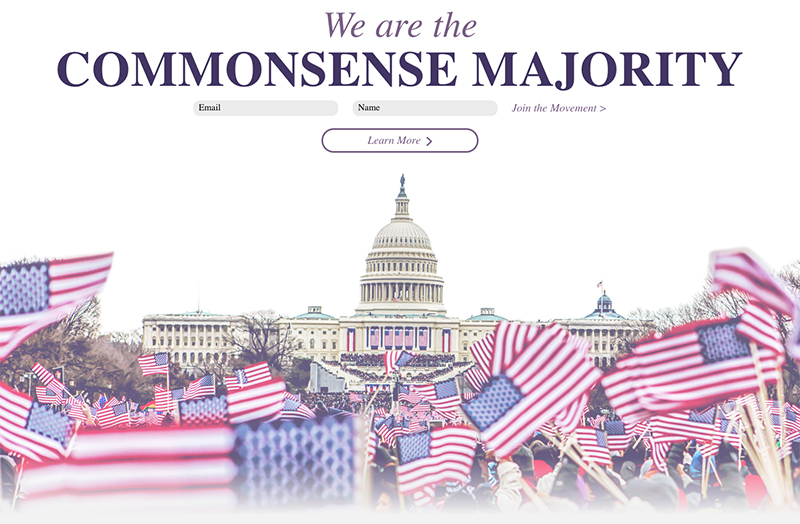By Jim Ellis — Friday, June 7, 2024
President
Polling: Trump Conviction Not Hurting Poll Standing — In the first released polls since former President Donald Trump’s conviction was announced on Thursday night, a pair of pollsters still project him locked in a virtual national tie with President Joe Biden. YouGov, polling for The Economist publication and Morning Consult released their frequent tracks.In the YouGov survey (June 2-4; 1,566 registered US voters; online), the ballot test finds Trump and Biden tied at 42 percent apiece. Robert F. Kennedy Jr. (I) records three percent support, while Green Party nominee Jill Stein and Independent Cornel West each secure one percent preference. Morning Consult (May 31-June 2; 10,404 registered US voters; online) sees Trump holding a slight 44-43 percent edge in a head-to-head test. Therefore, with the respondents knowing of the Trump conviction, the voting populace seems unfazed.
Senate
Nevada: Shock GOP Primary Poll — While Afghan War veteran and official Republican Party backed Senate candidate Sam Brown was expected to breeze through the GOP primary, a new poll suggests otherwise. A Kaplan Strategies study conducted for the Jeff Gunter (R) campaign (May 30; 802 likely Nevada Republican primary voters; online) sees the former Ambassador to Iceland and physician moving ahead of Brown by a 31-30 percent count.
In further bad news for Brown, the Tyson Group (May 22-25; 601 likely Nevada general election voters; online) shows Sen. Jacky Rosen (D) leading the general election ballot test with a large 47-33 percent advantage. In both the Gunter and Rosen cases, the candidates had launched large media blitzes prior to the polling, which could explain the swing away from Brown. Gunter may be hitting his peak at the right time, however, as the Nevada primary is fast approaching on June 11.
House
GA-3: Jack Continues to Gain Runoff Support — Former Trump White House aide Brian Jack (R) came close to winning the open GA-3 primary on May 21 when he captured 47 percent of the initial vote against five GOP opponents. Still short of the majority threshold, Jack was forced into a runoff with state Sen. Mike Dugan (R-Carrollton) who received 25 percent support.
The third and fourth place finishers — former state Sen. Mike Crane and ex-state Rep. Philip Singleton — both have endorsed Jack. Coming close to the majority marker and getting former opponents’ support places Jack in a strong position for the upcoming June 18 runoff election. With an R+38 rating from the FiveThirtyEight data organization, winning the GOP runoff is tantamount to claiming the seat. Four-term Rep. Drew Ferguson (R-The Rock) is retiring.
MI-8: Junge Takes Lead in Primary & General — Michigan’s open 8th Congressional District is one of the key toss-up races in the country. The FiveThirtyEight data organization rates the seat as R+1, but the Dave’s Redistricting App statisticians calculate a 51.0D – 46.2R partisan lean. President Biden scored a tight 50.3 – 48.2 percent win here in 2020, and the Daily Kos Elections site ranks MI-8 as the 11th most vulnerable seat in the Democratic Conference. Therefore, it is safe to predict that either eventual major party nominee will have a legitimate chance to win the general election.
A poll from the UpOne Insights group (June 1-4; 400 registered MI-8 voters; 341 likely GOP primary voters; live interview) projects former news anchor and two-time Republican nominee Paul Junge leading both the Republican primary and the general election. According to the UpOne results, Junge commands a large 53-11 percent advantage over his three Republican opponents combined, including Board of Education member Nikki Snyder who was disqualified for failing to submit the required number of nominating petition signatures.
For the general election, Junge leads the leading Democratic candidate, state Sen. Kristen McDonald-Rivet (D-Bay City), by a 42-39 percent clip. The Michigan primary is scheduled for Aug. 6. Rep. Dan Kildee (D-Flint Township) is retiring after serving what will be six full terms at the end of this Congress.







